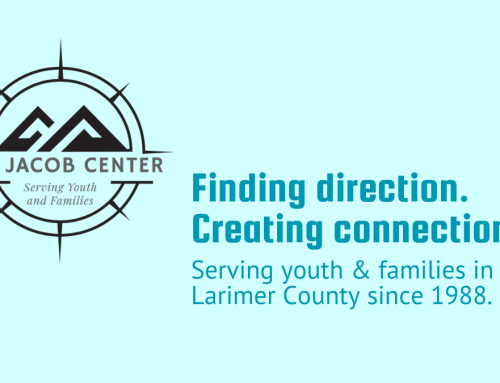Newly-diagnosed with depression (or think you may have it)?
Depression can look different in everybody. You could experience the following:
It can look like not having the energy to start (or continue) the day, lacking motivation to maintain social connections, lacking drive or purpose for life, eating much less or more than usual, sleeping much less or much more, feelings of worthlessness, shame, and/or hopelessness. Thoughts of not wanting to live, suicidal ideation, or plans to end life can also be symptoms of depression. Depression can look extremely non-functional (e.g. not being able to leave the bed all day) or extremely functional (e.g. working a full-time job, school, parenting, maintaining household). Both of these types of depression are valid, difficult, and can have significant impact on the life of the individual. If you’ve been newly-diagnosed with depression, please know: you’re not alone. There are so many others out there battling this as well. So much so, that there are hotlines across the country dedicated to helping people who feel like they are stuck in a hole at the bottom of the pit and cannot see the light at the top (or maybe it’s just very dim). A hotline (such as 1-844-493-8255) provides a person on the line who can be there for you in your darkest moments. A warm line (such as on this site: https://screening.mhanational.org/content/need-talk-someone-warmlines/) provides someone to talk to when things get rough, but do not necessarily signify a ‘crisis’. Reach out to those in your life for help (even if it’s just to talk or laugh with). This is tricky and at times may feel like being a burden. However- this is just being human! Set the example in this friendship that you can both trust each other for support at times. If you find yourself in a funk… Take care of your physical needs one-by-one. Play some music to get motivated. Give yourself a pat on the back for each of these tasks below. If you want- talk to yourself kindly and encouragingly aloud!
1. Drink water
2. Brush teeth
3. Make bed
4. Shower (If not reasonable, use a wash cloth or baby wipes for necessities)
5. Eat something (if cooking is not feasible, order in, microwave meals, make a sandwich,
smoothie, or even grab a granola bar)
6. Complete other daily tasks one-by-one.
Sleep is important (typically 7-9 hours per night is recommended). If you’re having trouble sleeping, try putting away technology early, creating a bedtime ritual and schedule, or use a weighted blanket (stimulates feel-good, calming chemicals in the body). Getting proper therapeutic treatment for your depression is important too. Oftentimes, depression is the body’s way of dealing with difficult things that have happened in the past and/or are currently
happening. Here are some other helpful tips and resources, such as support groups:
Coping with Depression – HelpGuide.org
31 Coping Skills for Depression – Serenity Mental Health Centers
Created by Drew Feldbaum



